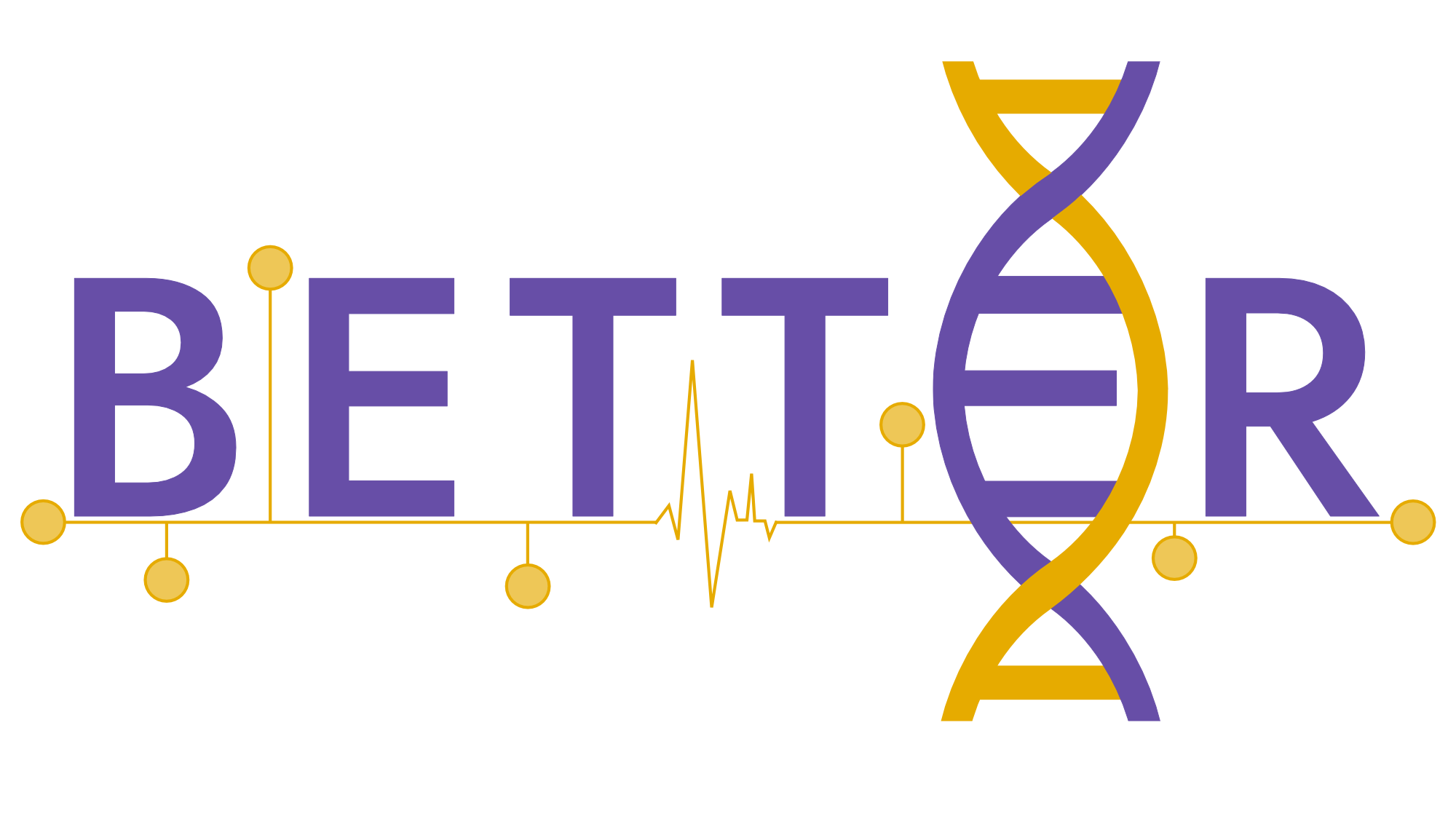Politecnico di Milano
Interview with Pietro Pinoli
26/11/24 14:03
Leader of work package 4, Senior Assistant Professor at the Department of Electronics, Information and Bioengineering at the Politecnico di Milano. Pietro Pinoli’s broad research interests encompass bioinformatics and computational biology, database and data management, big data technology and algorithms, machine learning and natural language processing. He has authored more than 70 peer reviewed articles in Journals, Conferences and Books. We are happy to have him onboard the BETTER Project!
Watch his interview to hear more about Pietro Pinoli’s role, his motivation and expectations for the BETTER project.
Watch his interview to hear more about Pietro Pinoli’s role, his motivation and expectations for the BETTER project.
The goals of digitalization in healthcare
04/09/24 11:46
The overall digitalization of the world creates new opportunities for scientists to create data-driven applications in many areas: marketing, transportation, healthcare, climate, aerospace, and even education, or the arts. Among those fields, the healthcare branch has obtained particular attention from the European Union. An example is the Horizon Europe programme, which focuses on six clusters, including health. Indeed, despite the important efforts engaged in healthcare digitalization, many challenges are still open and of high interest for the scientific community, but also for city, country, and European stakeholders. The main one resides in making healthcare centers interoperable to let their knowledge and data circulate in a secure way. A practical outcome of this interoperability is to better understand diseases, notably rare disease because they remain largely not understood due to a wide variety of symptoms and signs which vary from one disease to another, but also from one patient to another. Moreover, rare diseases have a low prevalence (it affects less than 5 citizens per 10 000) and 80% of them have a genetic cause, which complicates their understanding. For all these reasons, medical expertise is rare, knowledge is scarce and pinpoint the right diagnosis is very difficult and takes time.
The management of healthcare data brings several technical challenges: heterogeneity, large amounts of data, privacy, little normalization, etc. Indeed, healthcare centers generate and store huge amounts of data, of very varied forms, such as clinical reports, patient history, treatments, genome and exome (3 billion nucleotides make up the human genome), etc. Also, they are autonomous and independent actors, thus they do not coordinate when creating data, leading to high heterogeneity. This is why medical practitioners crucially need healthcare systems for integrating their datasets in-house and across institutions, possibly across countries, with which they did not cooperate during the data creation. This is the goal of the BETTER project!
The management of healthcare data brings several technical challenges: heterogeneity, large amounts of data, privacy, little normalization, etc. Indeed, healthcare centers generate and store huge amounts of data, of very varied forms, such as clinical reports, patient history, treatments, genome and exome (3 billion nucleotides make up the human genome), etc. Also, they are autonomous and independent actors, thus they do not coordinate when creating data, leading to high heterogeneity. This is why medical practitioners crucially need healthcare systems for integrating their datasets in-house and across institutions, possibly across countries, with which they did not cooperate during the data creation. This is the goal of the BETTER project!



